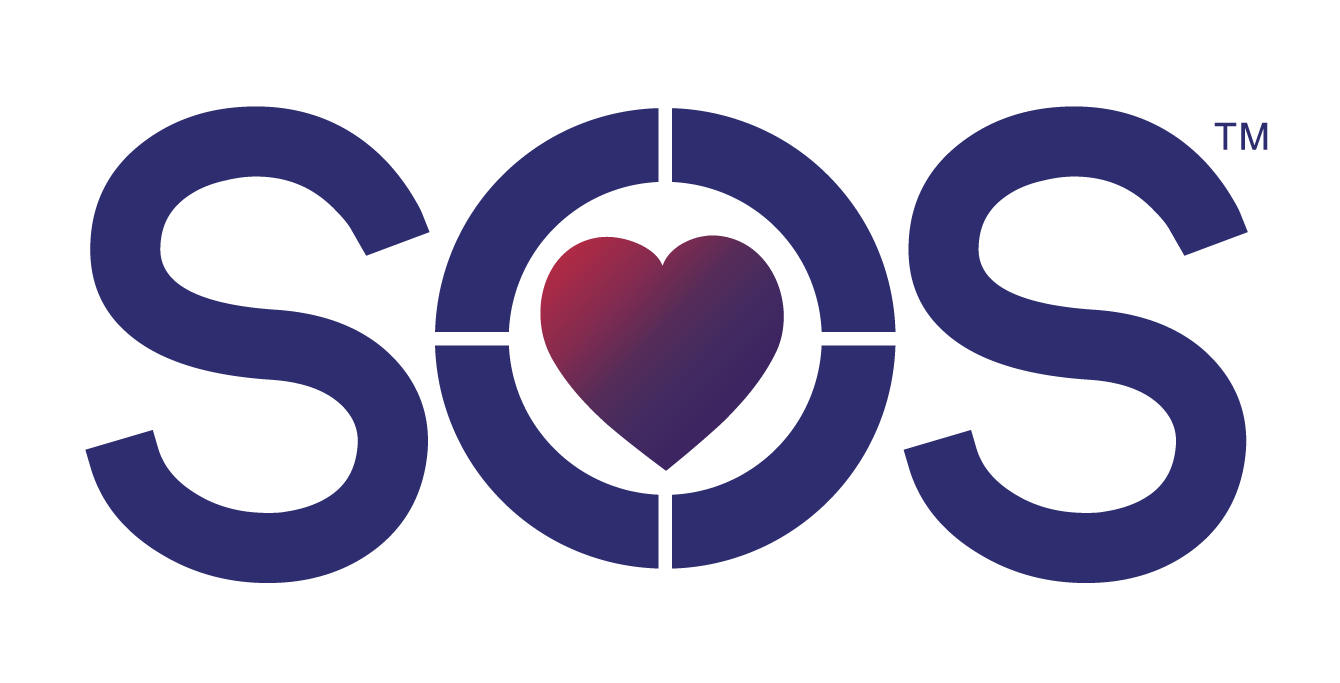What if you don’t have a COVID-19 SOS Directive?
If you do not have a COVID-19 SOS Directive, there are more sick people than can be treated during the COVID-19 pandemic, and you become unable to say what you would want, state law or the hospital system where you are will determine who will make medical decisions for you. Most of the time, this would be your spouse, a living parent, a grown child, or another family member. If there is not a family member who can act as your medical decision maker, someone will be selected to be your Medical Power of Attorney.
Your medical decision maker is expected to make decisions that match your values, beliefs and wishes or are felt to be in your best interests. Unfortunately, in a large-scale medical emergency, particularly during a time of overwhelming strain on the medical system and the healthcare providers working within it, there may not be time to figure out who your medical decision maker is. In a chaotic situation, your decision makers might not know your wishes. This could happen with an Advance Directive or an SOS Directive in place, though odds are much higher of having your wishes honored if a signed document is shown to first responders and hospital workers and/or your medical decision maker understands your wishes.
Remember: A COVID-19 SOS Directive will only be used if you and many other people are sick or injured during a declared state of emergency with shortages in vital medical supplies and neither you nor your medical decision maker are able to communicate your wishes.
Like an Advance Directive, the COVID-19 SOS Directive lets you make your specific wishes about your medical treatment known and it can be updated at any time if your wishes change.
We are hopeful that even in the current COVID-19 pandemic, hospitals will be able to help all of the people who need care. In that case, a COVID-19 SOS Directive will not be used. But sadly, we cannot be sure that hospitals will be able to take care of everyone, and a COVID-19 SOS Directive could be an important tool for dealing with the crisis.
The SOS initiative gives a sense of purpose to those who volunteer to participate; it might also give comfort to surviving family members and give some measure of relief to embattled healthcare providers who are having to make unimaginable triage decisions.
Even if no one ever uses their COVID-19 SOS Directive, just thinking about it will hopefully lead to more talking – among people and groups - about the rights patients have to make their healthcare wishes known in advance, particularly their wishes about end-of-life care. Hopefully the SOS initiative will also get people talking about ways to improve the healthcare system in our country so it is not blindsided like it has been by the COVID-19 pandemic ever again. Lastly, talking about the COVID-19 SOS Directive will get people thinking about other healthcare directive options that should give them and their loved ones peace of mind as the future unfolds.
Creating your COVID-19 SOS Directive
If you decide you want a COVID-19 SOS Directive, you need to:
Fill out the form and have it signed and dated by you and your witnesses.
Tell your loved ones and doctors that you have an SOS Directive.

